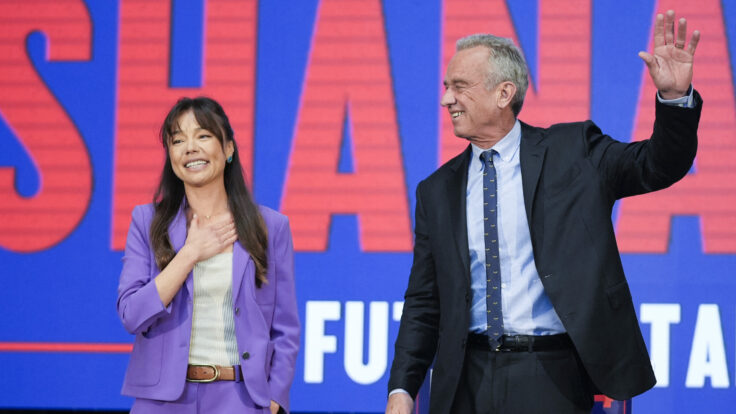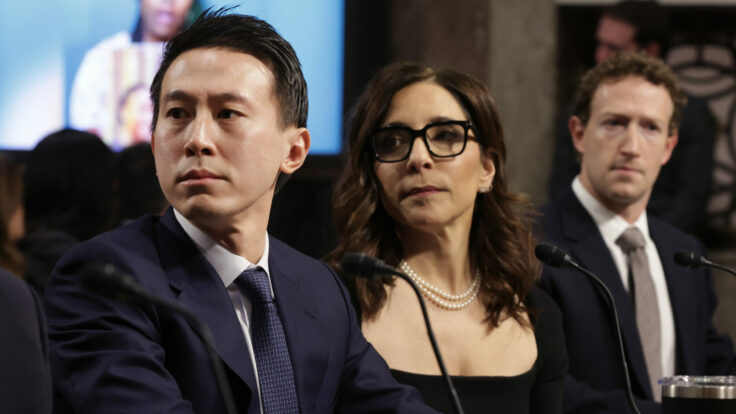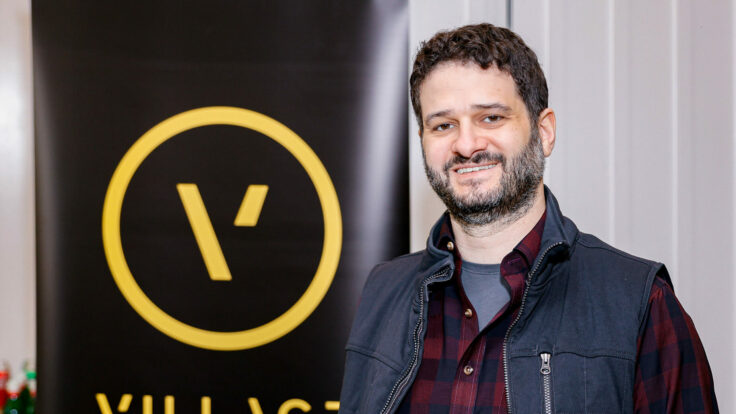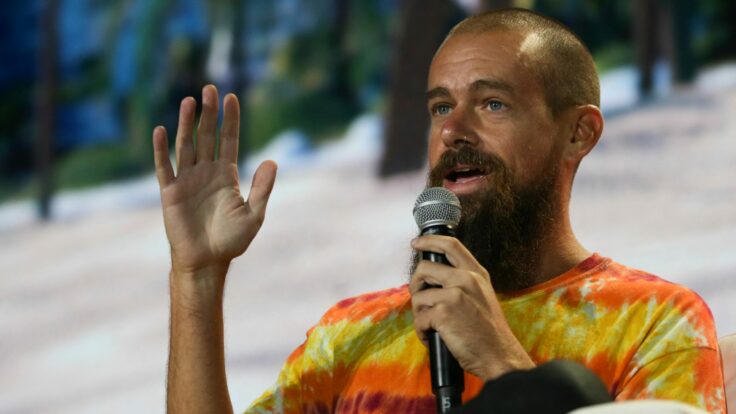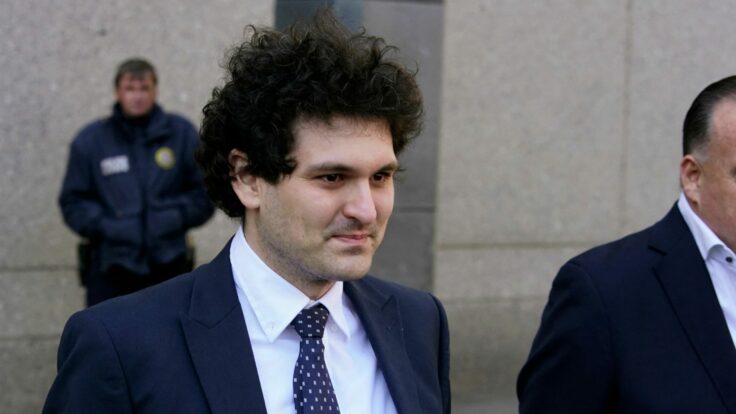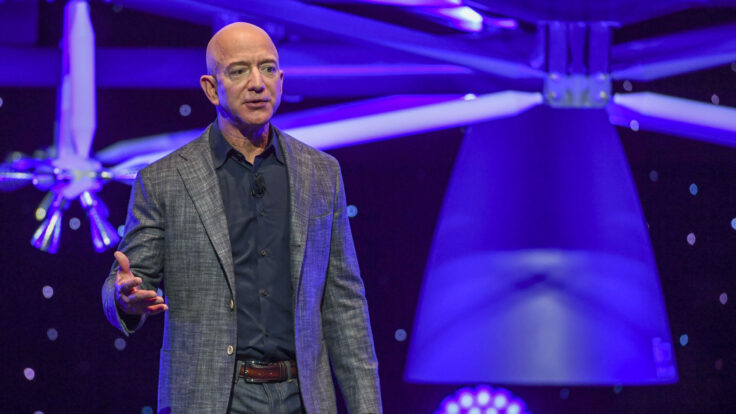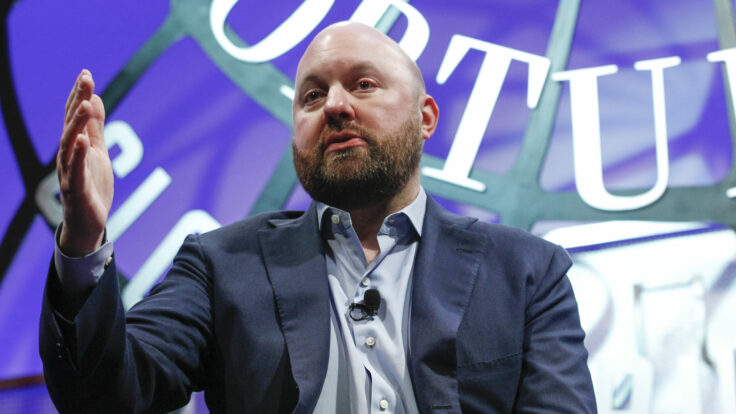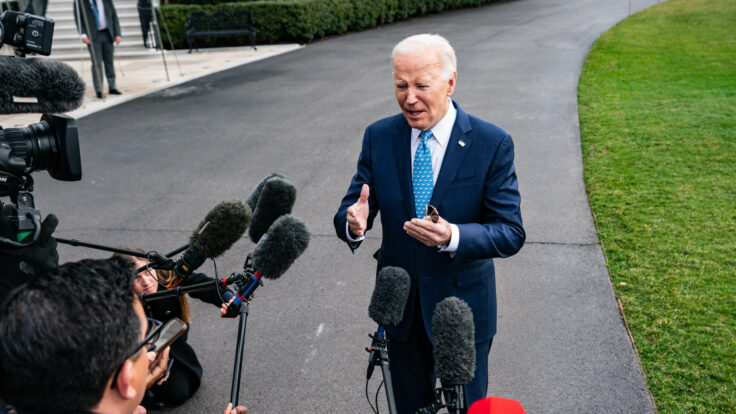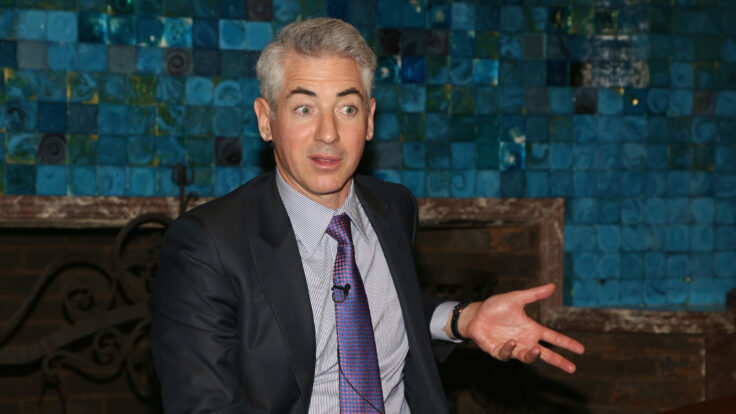Of all the potentially unanswerable riddles underpinning the Sam Bankman-Fried saga—why did Sequoia invest in a mop-topped kid who played video games during a diligence call; were Alameda and FTX ever really separate?—perhaps the most vexing is how the mastermind of this whole legal and ethical imbroglio was the offspring of two beloved legal scholars who were obsessed with ethics, in an effective-altruist Petri dish focused on analytical rigor, civic-mindedness and, crucially, consequences. How could a family so committed to doing the greatest good for the greatest number end up depriving so many people of so much happiness—and then see their son get arrested?
Barbara Fried, raised in New York, and Joe Bankman, from Iowa, had a sort of library stacks romance that is not uncommon in academia. Within months of being recruited, separately, to join the prestigious faculty of Stanford Law in the late 1980s, colleagues say, the two were an item. Sam and his younger brother, Gabe, were born a few years afterward into an upper-middle-class Jewish academic milieu that revolved around the sort of high-minded philosophical conversations normally sequestered to the core curriculum and Saul Bellow novels. Incredibly, a family where the dad paid income tax on poker table winnings and the mom dissected the ethics of the famous “Trolley problem” is now associated with what appears to be one of the greatest alleged frauds in modern corporate history.







